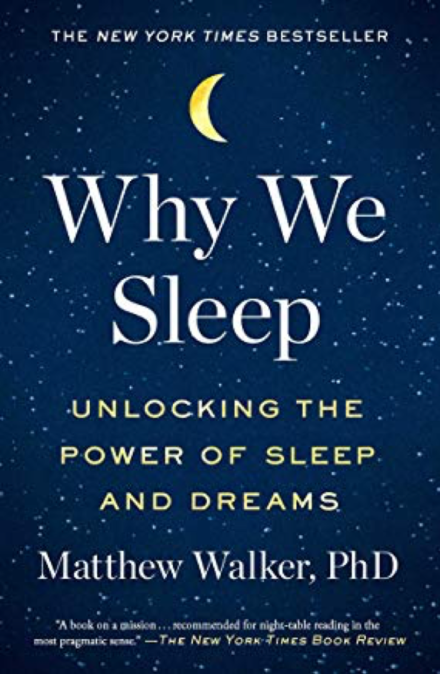Living With Killers
Have you noticed it’s difficult to find perspective when you face an armed robber, earthquake, or deadly virus? Trying to be philosophical in a hurricane reveals insanity.
But after disaster strikes, we should return as quickly as possible to the equilibrium of truth and wisdom. We’ve now met coronavirus, taken protective measures, and settled into new social patterns. So, where are we now? Who are we now? What do we see? Will we move on?
This new virus takes me back to the tsunami that slammed into the coast of Sumatra on December 26, 2004, killing a quarter million people and leaving a half million homeless. That quick sweep of death and destruction brought human anguish into clear and global focus. Convulsive grief became the only proper way of the soul.
Then, just days later, New York Times science writer William Broad delivered a magnificent perspective to his readers, “Powerful jolts like the one that sent killer waves racing across the Indian Ocean on Dec. 26 are inevitable side effects of the constant recycling of planetary crust, which produces a lush, habitable planet.”
He also quoted University of California geochemist Dr. Donald DePaolo: “…the type of geological process that caused the earthquake and the tsunami is an essential characteristic of the earth. As far as we know, it doesn’t occur on any other planetary body and has something very directly to do with the fact that the earth is a habitable planet.”[1]
Incredible; “essential characteristics” of the “lush, habitable planet” kill many who live on it. Think of it, we live across a vast and variegated terrain, comprising geological, spatial, chronological, emotional, and spiritual dimensions. Like a murmuration of sparrows, life rolls, billows, shrinks, and swirls across mysterious undulations of our Creator’s design.
Is the Coronavirus Evil?
In August 2018, Christianity Today carried an interview with a molecular biologist. Dr. Anjanette Roberts, who had worked on the SARS virus at the National Institutes of Health, brought the same kind of stunning perspective to viruses.
As a Christian believer, she knows viruses are not the result of Adam’s fall into sin. She explained, “Bacteria are absolutely essential to the life of everything on planet Earth. Bacteria are primary producers.” But right there lies a problem; bacteria can reproduce so rapidly they can double their population in 20 minutes. In the ecological balance, viruses keep that explosive growth in check. According to Dr. Roberts, if viruses did not control bacteria populations, “…there would be no environmental resources and no ecological space for other types of organisms to life on Earth.” [2]
In March 2020, the same magazine returned to the same theme with Editor-in-chief Daniel Harrell’s article, “Is the Coronavirus Evil?”
Harrell wrote,“…unless God’s creation defies every characteristic of biological reality, bacteria and viruses are not bitter fruits of the fall, but among the first fruits of good creation itself. If the science is right, there would be no life as we know it without them…Death itself is required for organic life to exist.”[3]
So, the beautiful perfection of our ecosystem means we live with killers. Our planet is wild and dangerous. But that danger is precisely what makes earth a “habitable planet.” Water—which we cannot live without—brings death as quickly as life. The same is true of wind, shifting plates, and viruses.
Perhaps we find a clue about our home planet in what the Psalmist David wrote about the planet’s Creator, “darkness and the light are both alike to thee.”
What Matters Most
The awesome forces of fire, water, wind, disease, or migrating tectonic plates will always shake the order of built things. Societies take decades, sometimes centuries, to build great and essential places. And wild natural forces can knock them down in a few minutes.
So we live with killers. OK; we need to deal with it, then get back to what matters! We’re all batters in the box; it’s no time to consider earaches, getting new tires, checking Netflix, or cleaning the gutters. Keep your eye on the ball.
And hold to what matters most—family, faith, friendship, love, joy, humility, peace, generosity, and gratitude.
This killer will pass. Others will take its place. But we will go on.
[1] William J. Broad, “Deadly and Yet Necessary, Quakes Renew the Planet.” New York Times, January 11, 2005. http://www.nytimes.com/2005/01/11/science/deadly-and-yet-necessary-quakes-renew-the-planet.html?_r=0
[2] Rebecca Randall, “Why Zika, and Other Viruses, Don’t Disprove God’s Goodness.” Christianity Today, August 14, 2028. https://www.christianitytoday.com/ct/2018/august-web-only/why-zika-and-other-viruses-dont-disprove-gods-goodness.html
[3] Daniel Harrell, “Is the Coronavirus Evil?” Christianity Today, March 17, 2020. https://www.christianitytoday.com/ct/2020/march-web-only/coronavirus-evil-covid-19-disease-theology.html
Living With Killers Read More »

